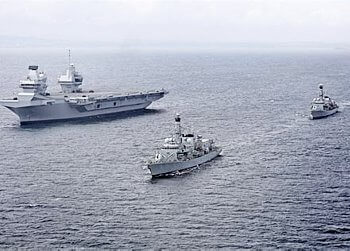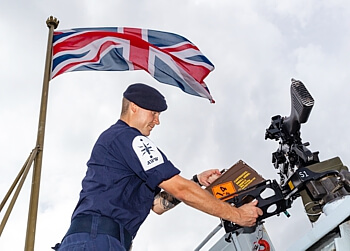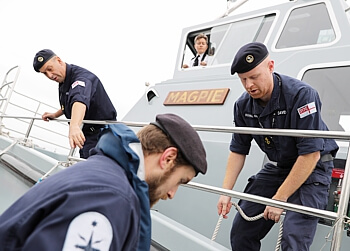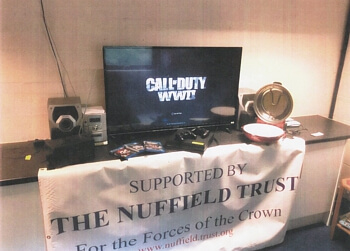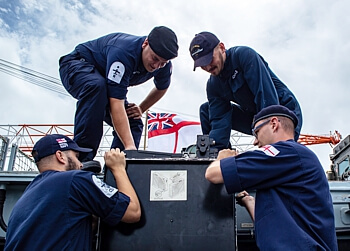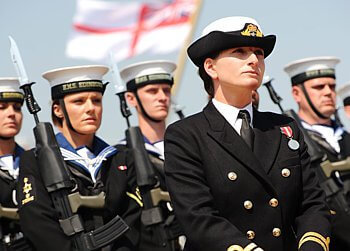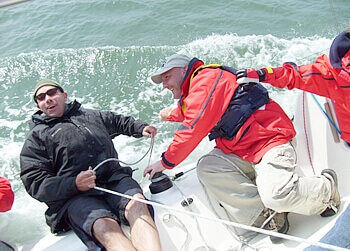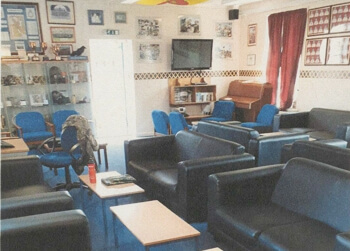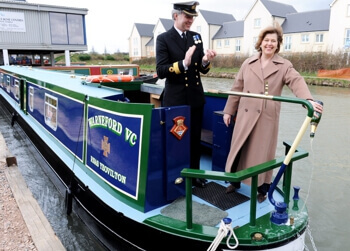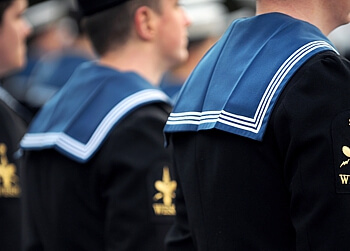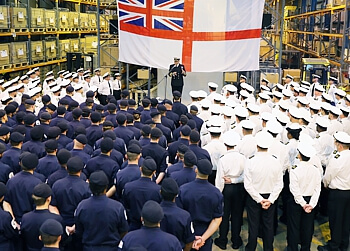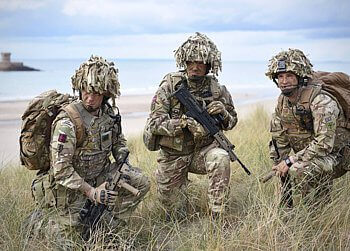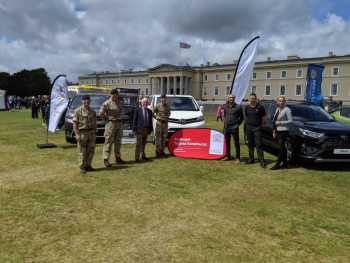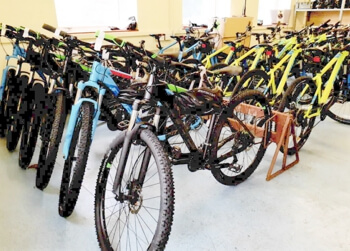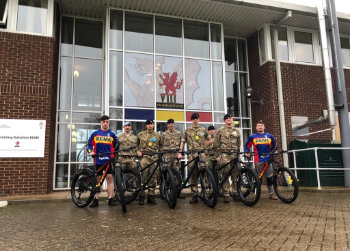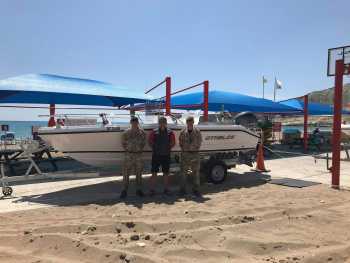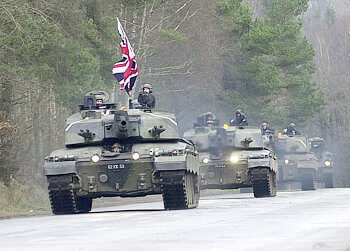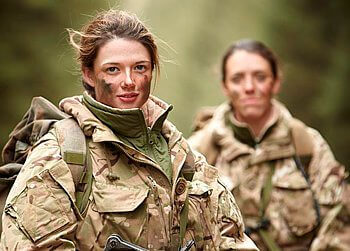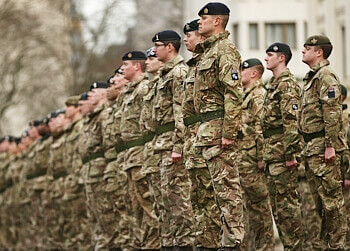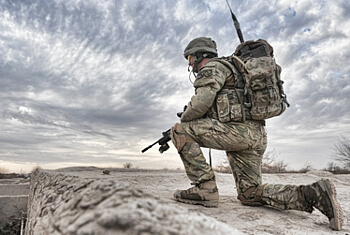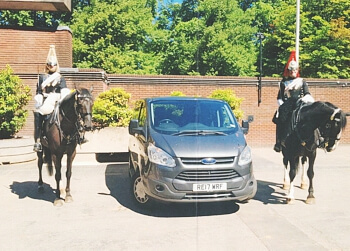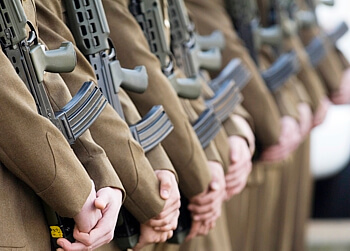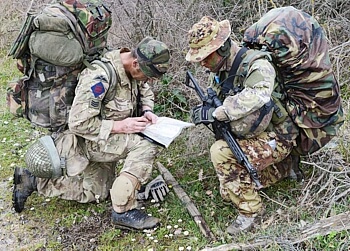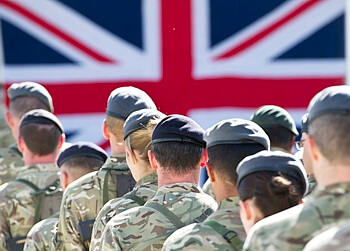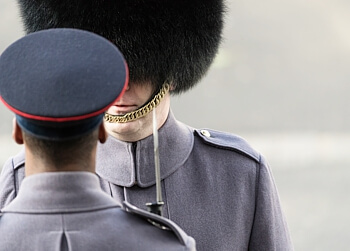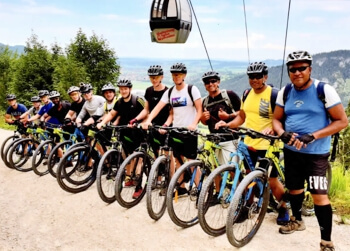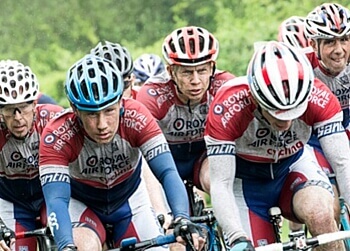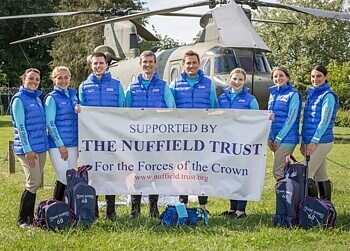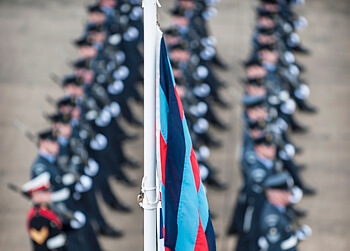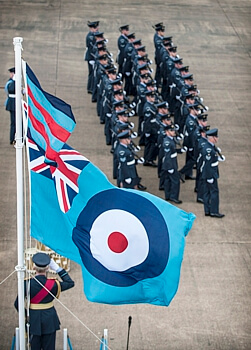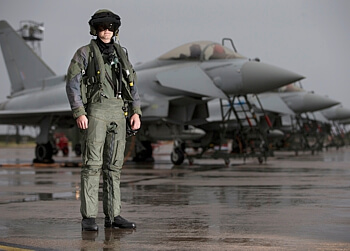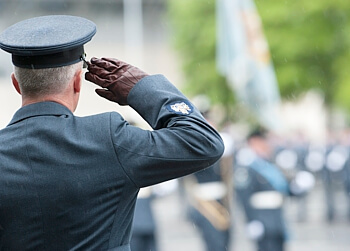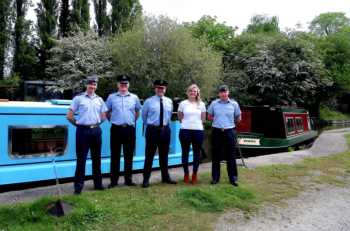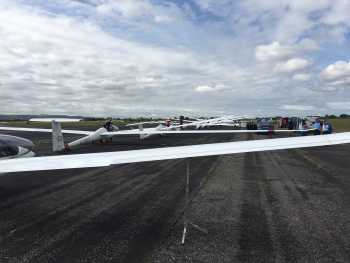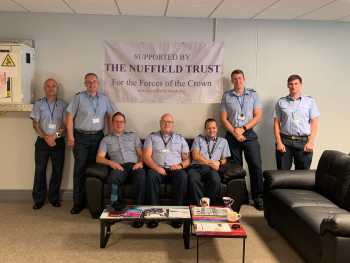About Us
In May 1939 Lord Nuffield had seen the remarkable response to a National Appeal for Voluntary Recruiting and on 14th October 1939 he endowed the Trust with 1 million shares in Morris Motors worth £1,500,000 to provide 'facilities for recreation' for the Armed Forces including the Militia, the Territorial Army and the Auxiliary Services. With the call up of Territorials and conscripts, Lord Nuffield gifted a further £50,000 to tide the Trust over until dividends from the shares were received.
The Trust worked on the principle that it met the needs set out by the Armed Services, not available from public funds, and it gave each of the Services an allocation to spend. During WW2, many newly-formed units at home and overseas were set up with sport equipment, furnishings, libraries, games and radios. When the Trust found that Service personnel were having to sleep in railway stations etc when transiting through London, they started a subsidised hotel accommodation scheme and gave grants to the existing Service Clubs (such as the Union Jack Club and Victory Services Club) to expand their premises or to cover running costs. They also opened several clubs, including the famous Nuffield Centre which offered meals, variety shows by the top-rate artists of the time, dances and complimentary theatre tickets.
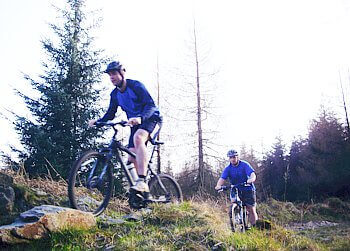
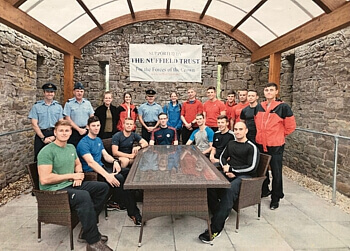
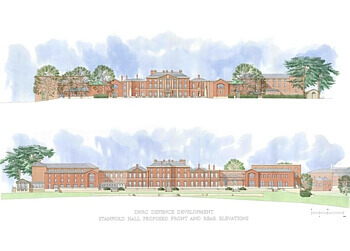
The Trust also founded rest and recuperation schemes, the largest of which was the Nuffield Aircrew Leave Scheme where operational aircrew (mainly from Bomber Command) could have subsidised or free accommodation at some 30 hotels throughout Great Britain and take their families at a reduced rate There were also special rest houses set up for female personnel engaged in particularly trying and concentrated work.
Many of the innovative schemes initiated by the Trust were taken up by the government or other charities and continue to exist in a modern form today.
Since 1939 the Trust (using Lord Nuffield's endowment) has given grants worth some £265 million at today's prices and it routinely allocates around £1 million to the Regular and Reserve Armed Services annually. This funds some 300 grants per year for a full range of sporting equipment; recreational facilities such as cinemas, clubs and bowling alleys; and audio-visual and computer equipment.
The Trust also gives grants for adaptive equipment for disabled personnel, to provide Christmas boxes for troops on operations, and for Forces entertainment shows. In addition, the Trust has given additional Capital Grants for large projects such as Outdoor Activity Centres, sports and social clubs, sports pitches, bowling alleys, yachts, gliders and aircraft. Service personnel and their families can also use the Nuffield Centre Anglesey with purpose-built holiday accommodation and a campsite, sailing centre, climbing wall and swimming pool.
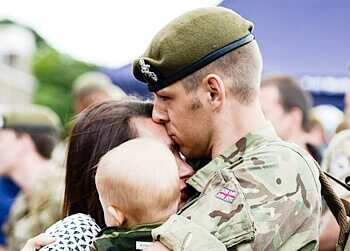
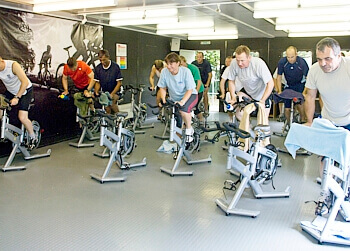
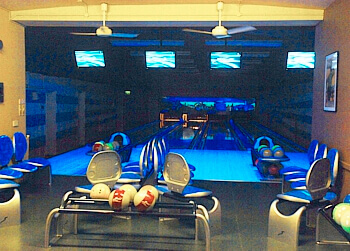
Lord Nuffield presciently recognised that enhancing Service morale and improving Service personnel's quality of life would always require more than public funding. His permanent endowment has enabled the Trust as it enters its 80th year to meet his aims and principles and have the resources to continue to do so as needs evolve.

And, to celebrate the 80th Anniversary of the Trust, a Special Anniversary Grant of £1 million has been made in 2020 to The ADVANCE (ArmeD SerVices TrAuma RehabilitatioN OutComE) Study, a unique twenty-year study into the health of military veterans. ADVANCE investigates the long-term physical and psycho-social outcomes of battlefield casualties from the UK Armed Forces following deployment to Afghanistan between 2003 and 2014. This study is a collaboration between the Academic Department of Military Rehabilitation at the Defence Medical Rehabilitation Centre (DMRC) Stanford Hall, Imperial College London and King’s College London, and is the first prospective cohort study in this area. It aims to follow up and support this group of UK Service personnel – 600 severely injured Servicemen and 600 uninjured Servicemen who act as a comparison group – for a period of 20 years. The ADVANCE Study is investigating a wide range of outcomes, including cardiovascular disease, osteoarthritis, mental health and social outcomes. To find out more about the ADVANCE Study visit their website or follow them on Twitter, Facebook and Instagram.
